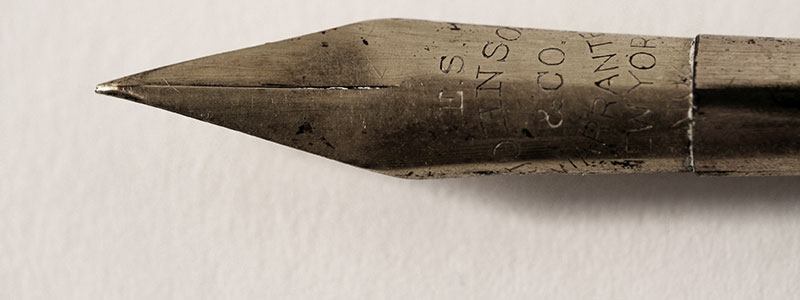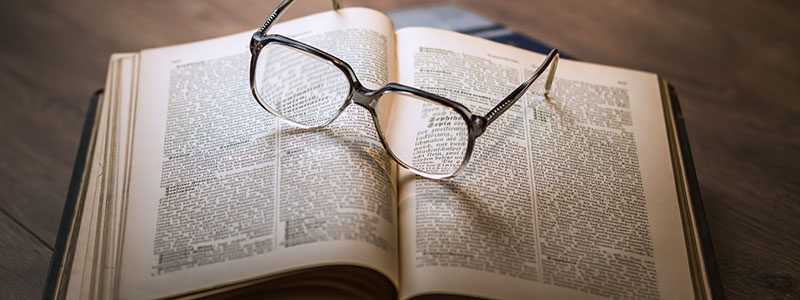While most trial advocacy instruction focuses on trial skills, courtroom lawyers spend most of their time in pretrial court hearings known as motion practice. Pretrial motions can apply to both procedural and substantive matters.

What is the successful lawyer?

While most trial advocacy instruction focuses on trial skills, courtroom lawyers spend most of their time in pretrial court hearings known as motion practice. Pretrial motions can apply to both procedural and substantive matters.

Drafting pleadings is both art and science. The science considers the legal proofs necessary to sustain the desired outcome of the pleading. The art is the method of conveying the information persuasively. This article focuses on the persuasive aspects of drafting but don’t forget the science of the pleading.

In contested litigation, there is the regular cut and thrust of motion practice. Many motions are routine and administrative. Others are dispositive. We spend substantial time evaluating the cost/benefits of our motions but little time evaluating proper responses to our adversaries advances. While it is prudent to consider the outcome and consequences of any motions we file, it is counterproductive to ruminate on the consequences of the opposing parties’ motions. Instead of brooding about a possible negative result, get to work!

Motion practice is the bread and butter of a law practice. The bulk of a courtroom lawyer’s life is spent arguing motions rather than presenting evidence at trial. While motion practice does not have the gravity of a final trial, motions more often influence ultimate outcomes. Many CLE programs emphasize trial skills for practitioners, but they rarely speak to this stepchild of trial advocacy. This article looks to fill that gap and provide insights into effective motion practice for family lawyers.

To be successful, a lawyer must have insight into the whole human catastrophe and be able to effectively traverse the legal system. It is the intersection of these two disciplines that fascinate me. I have been a lifelong student of both human nature and the law, and have created this blog to help others following my path.




Be the first to get notified of new posts and insider tips.